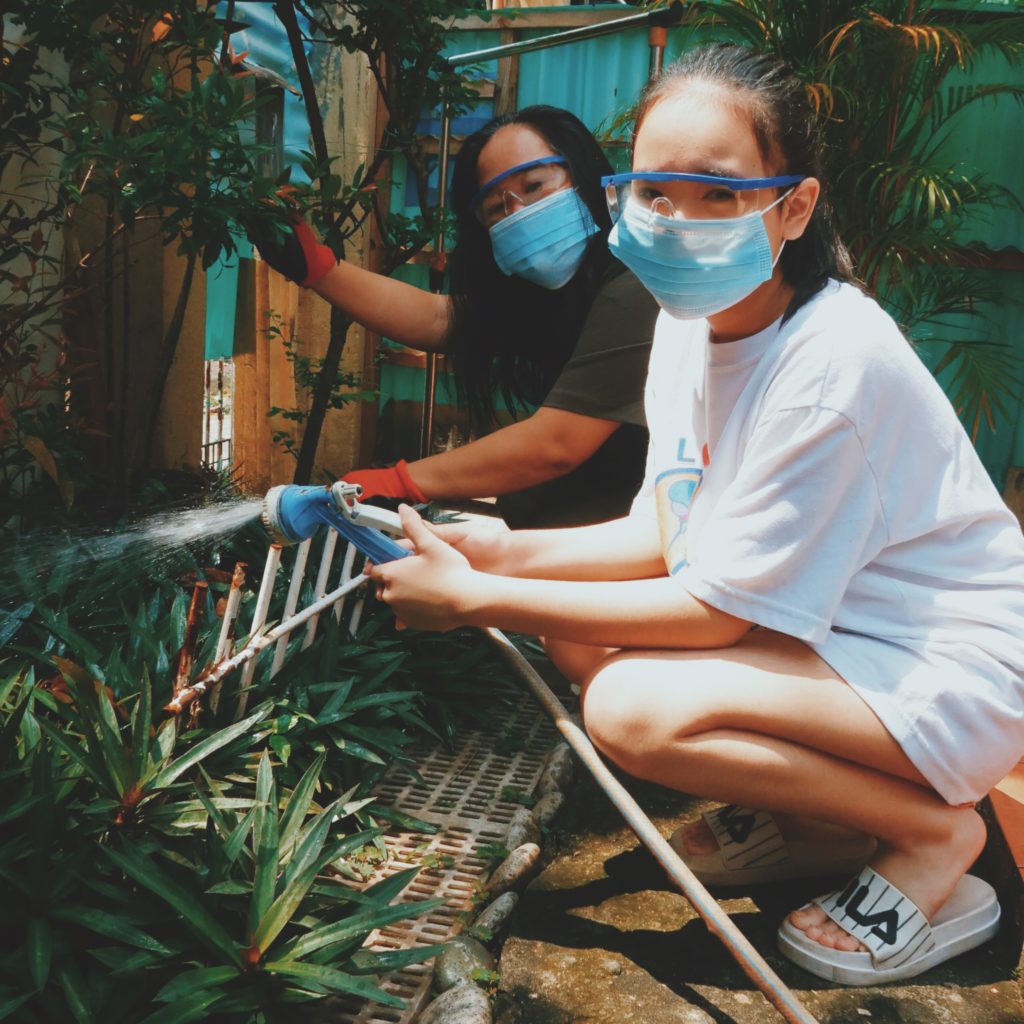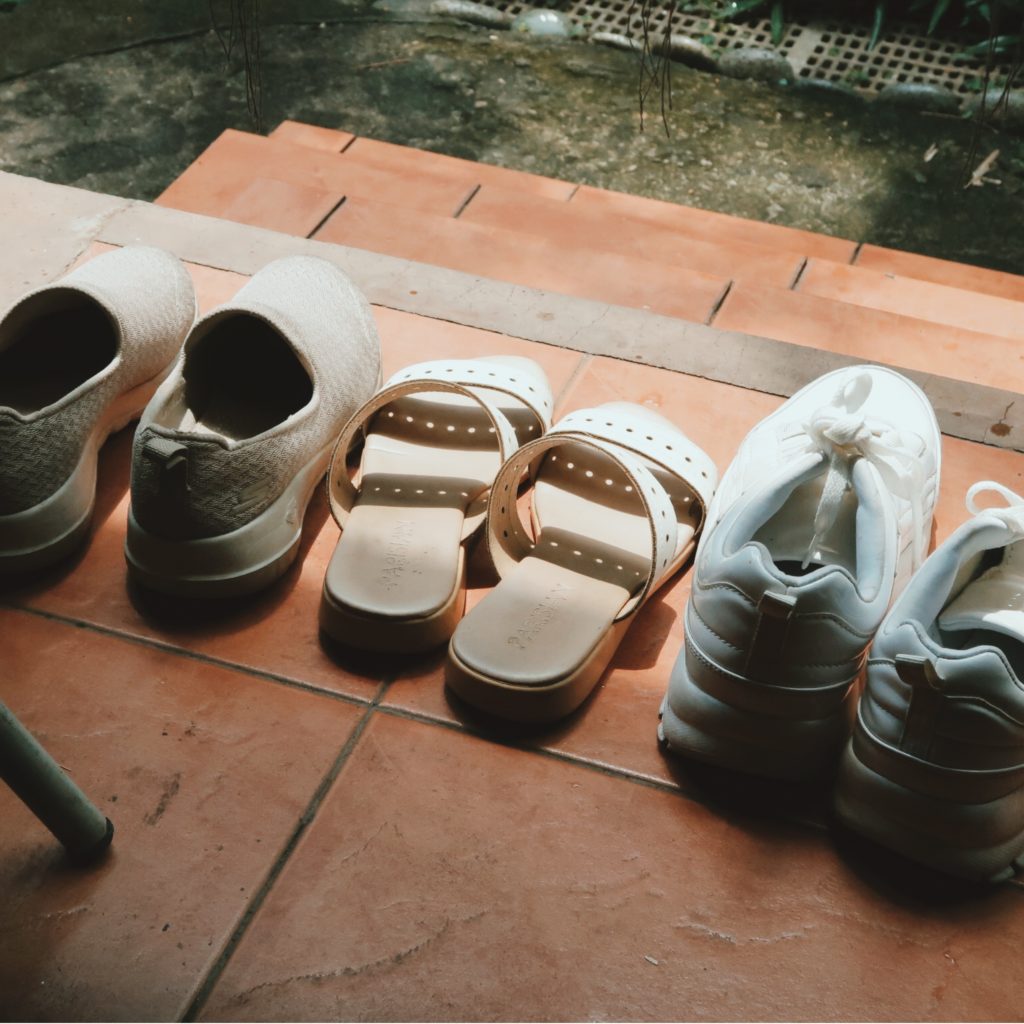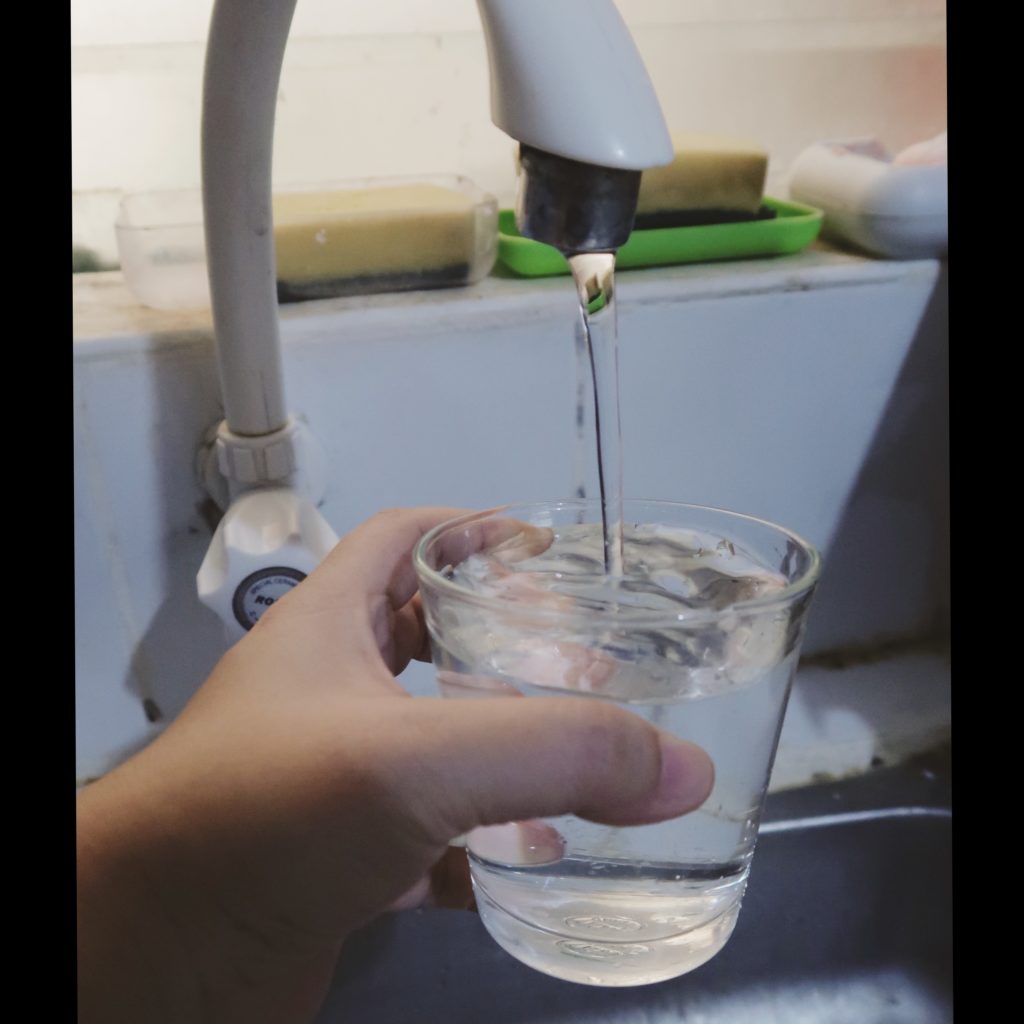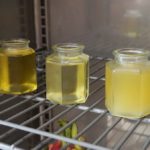It has been four months and though we live in a subdivision within Quezon City where restrictions are more relaxed, it’s still a struggle when it comes to doing the usual things we do: going to the grocery, visiting our friends, bringing mom to the doctor for her dialysis etcetera. It’s not actually the restrictions that made these things difficult, but the need to be careful that we don’t get infected or bring the virus into our home as we do all these chores.
When we first heard about the virus, as parents, we already decided that we need to be proactive, meaning we need to stop, look and listen, just like what we used to teach our kids whenever they are on their own. For us to be able to cope and survive this pandemic, we needed to stop on our current practices, look for ways to adapt and listen to the authorities.

But first, what do we know about the virus? We found reliable sources for us to identify our enemy and fortunately, information from the World Health Organization is very accessible. It’s very important that we cross-check information from valid sources especially for medical situations like these because wrong or misleading information can be life-threatening.
Some important facts about
coronavirus we found:
Source: https://www.who.int/emergencies/diseases/novel-coronavirus-2019/question-and-answers-hub/q-a-detail/q-a-coronaviruses
COVID-19 is an infectious disease caused by the most recently discovered coronavirus. So COVID-19 is the disease and the virus that we are fighting is the novel coronavirus.
The most common symptoms of COVID-19 are fever, dry cough, and tiredness. Other symptoms that are less common and may affect some patients include aches and pains, nasal congestion, headache, conjunctivitis, sore throat, diarrhea, loss of taste or smell, or a rash on skin or discoloration of fingers or toes.

The disease spreads primarily from person to person through small droplets from the nose or mouth, which are expelled when a person with COVID-19 coughs, sneezes or speaks. These droplets are relatively heavy, do not travel far and quickly sink to the ground.
People can catch COVID-19 if they breathe in these droplets from a person infected with the virus. This is why it is important to stay at least 1 meter away from others.
These droplets can land on objects and surfaces around the person such as tables, doorknobs, and handrails. People can become infected by touching these objects or surfaces, then touching their eyes, nose, or mouth. This is why it is important to wash your hands regularly with soap and water or clean with alcohol-based hand rub.

From this basic information, one of the most obvious and easy ways that we can evade having COVID-19 is through hygiene and sanitation and so that is what we strictly implemented at home.
- Daily showering and change of clothes whether we go out or not
- Regular washing of hands with soap and clean water and then the use of alcohol afterward
- The shoes we used if ever we go out of the house stays outside and sterilized by sunlight
- We use face masks and protective glasses strictly when we go out of the house including gardening the plants or going to the nearby sari-sari store.
- We remind ourselves and the kids not to touch the eyes, nose, and mouth as much as possible whenever we are outside.
- When we do the grocery, we follow quarantine protocols including keeping at least 1-meter distance from others and we bring alcohol to sanitize the handles of shopping trolleys.
- When we get home, we make sure that we wash our hands thoroughly and also the fruits and vegetables that we bought.
- As we also take turns in bringing my mom to the dialysis center, we make sure that we are fully protected and that we also change our clothes and shower when we get home.
- At home, we clean the floor and the doorknobs and the spots at home where there’s the most traffic (kitchen and the bathroom).
All these are basic sanitation and hygiene practices but I’m certain that they were effective because we have not been affected by the virus ever since it started. Of course, we aren’t 100% sure that we did not get it, and if there was a time that we were asymptomatic (asymptomatic means a person has been infected with the virus but shows no symptoms: source https://www.cdc.gov/coronavirus/2019-ncov/hcp/faq.html) but we are happy that no one in the family had shown any kind of sickness for the past four months.

We are especially careful about what we do in relation to the virus because we regularly see our senior citizen parents. They are the most vulnerable persons these days but because everyone in the family observes and practices hygiene and sanitation at home, our parents are still thriving despite their age and underlying sicknesses.
Now that I was able to enlist all these practices, I realized how important clean and potable water is when a pandemic like this happens. I am just so thankful that despite the fact that it is summer when the supply of water is scarce and it seldom rains, we still have a continuous supply of clean water at home. We are able to wash our hands regularly and take a bath every day. Not only for hygiene and sanitation purposes but we also need water to hydrate ourselves regularly. We also need water to cook food to keep us nourished and healthy against any kind of disease.
I just wish that more people will be fortunate like us to have a regular supply of clean and potable water. Because there is still no vaccine against COVID-19, our only chance to survive is through prevention and I hope that the list of hygienic practices that I wrote in this blog post will be useful to you as they are to us. Let us also try to save water even while we keep a clean household so that more people will be able to benefit from the supply of water.
Through God’s grace, hygiene, and responsible use of water, we will conquer COVID-19. We already did it after four months. We can all do it for many years more.










